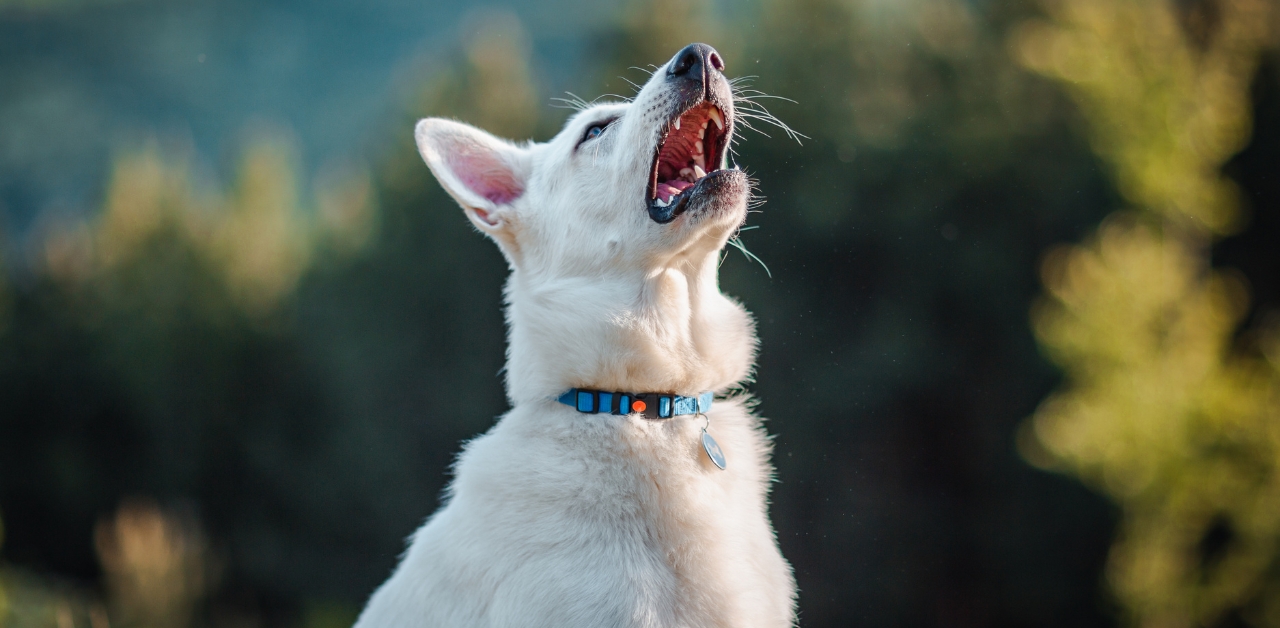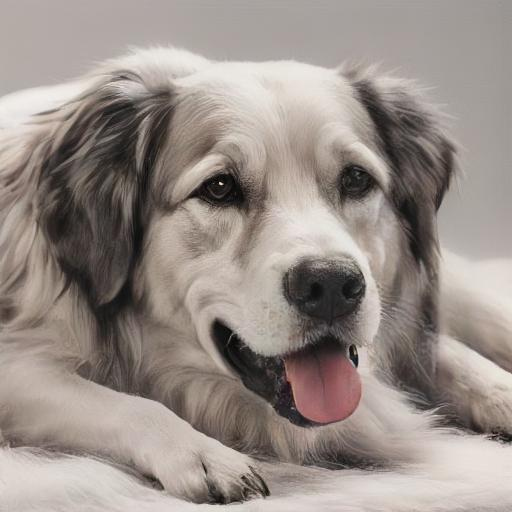Have you noticed your dog sneezing recently? Sneezing is fairly common in dogs, but if your dog is sneezing a lot, you might find yourself wondering if they’re really okay. Frequent sneezing can be alarming and concerning whether you’ve had dogs before or this is your first canine friend.
In the article below, I’ll give you information about what might be causing your dog to sneeze.I alos a pet lover and after my experinc I’m going to share my information. Read through these possibilities and use them to help you determine whether or not you should take your dog to the Animal Clinic for a further checkup.
1.Seasonal Allergies
Seasonal allergies are a common cause of sneezing in dogs. If your dog sneezes most often after they’ve been outside or when a window is open in your home, then seasonal allergies are probably the cause of the issue.
Your dog may need allergy medication for the times of the year when pollen counts are high. They might also need steroids for serious allergic attacks, but your vet will be able to give you more information about the best way to treat this problem.
2.Food Allergies
Dogs with food allergies may also sneeze more often than dogs without them. Although food allergies tend to target the skin, coat, and digestive system more than the respiratory system, they can still cause sneezing in affected dogs. If your dog’s sneezing seems to ramp up within a couple of hours after they have last eaten, this could be the reason why.
To manage a food allergy, try giving your dog foods with other protein sources and high-quality ingredients. Work slowly so your dog’s stomach doesn’t become upset by changing their food too often. Eventually, you are sure to find the right choice for their needs.
3.Inhalation of a Foreign Object
When dogs sniff items, those items may sometimes get lodged in the nasal passage. This is not a very common problem, but it can occur, especially when a dog has recently been checking out smaller objects like broken pieces of their toys.
If you think your dog might have inhaled a foreign object, take them to the emergency vet immediately. They may have something blocking their airway, or the problem might simply be in her nose. Either way, they will need to have the item removed by a medical professional, and they will need to be checked for other signs of issues as well.
4.Nasal Tumor
If your dog has a nasal tumor, they may develop a frequent, ongoing sneeze that worsens with time. The bigger the tumor gets, the more likely it will be to cause them to sneeze. They may also have other upper respiratory symptoms as the tumor grows, including wheezing, coughing, and a runny nose.
Your vet will work with you to determine the best course of action for a dog with a nasal tumor. Many times, these tumors can be removed; sometimes, they require chemotherapy or other forms of treatment to help them shrink.
5.Dental Problems
Dental problems may cause sneezing in dogs, especially if the problem is left untreated for too long. Tumors of the mouth and gums, abscesses on the gums, rotten or damaged teeth, infections of the roots of the teeth, and other similar dental problems can all lead to sneezing, among a variety of other symptoms.
You may be able to look in your dog’s mouth and see the problem, but you might not. Your vet will likely need to perform a dental examination and may need to put your dog under anesthesia to clean and manage the teeth from there.
6.Normal Dog Communication
Finally, the last and most common cause of sneezing in dogs is simply normal dog communication. Dogs are prone to sneezing and use it to “talk” to one another. They also try to communicate with their human families the same way. Dogs may sneeze when they are excited, happy, or showing submission to other dogs, for example.
If your dog’s sneezing seems to happen most often when they’re excited about a walk or greeting you at the door, then there likely isn’t any cause for concern. This is normal dog sneezing and should be regarded as part of having a dog!
Most of the causes of sneezing in dogs are benign ones, and there usually isn’t much to worry about if your dog is just sneezing a little bit. However, if you notice your dog sneezing very frequently and the problem doesn’t seem to clear up in a few days—or if it gets worse over time—then this is a good sign they need to go to the vet for a checkup.
Your vet will likely perform bloodwork and may take an X-ray to determine what might be causing your dog’s sneezing problem. Treatment options will be discussed from there.
7.Nasal Mites
These tiny parasites can infest a dog’s nasal passages, causing irritation and sneezing.
8.Excitement or Play
Sometimes, dogs may sneeze as a result of excitement or during play. This is often referred to as “play sneezing” and is usually harmless.
Conclusion
While occasional sneezing in dogs is usually nothing to worry about, persistent or frequent sneezing could indicate an underlying issue that requires attention. Allergies, irritants, foreign objects, infections, nasal mites, dental problems, tumors, and even excitement or play can all be potential causes of sneezing in dogs. Monitoring your dog’s sneezing patterns and accompanying symptoms is crucial. If you notice any concerning signs or if the sneezing persists, it’s advisable to seek guidance from a veterinarian for proper evaluation and treatment. Early detection and intervention can help ensure your dog’s health and well-being.










